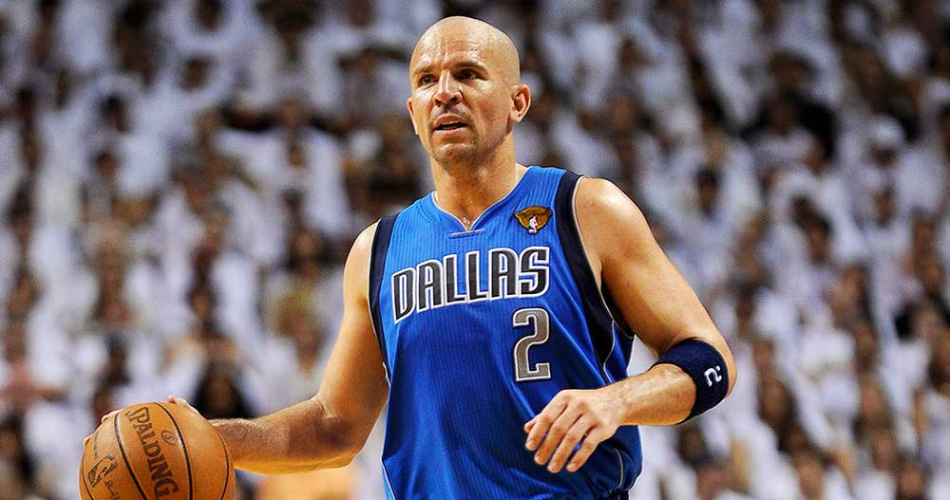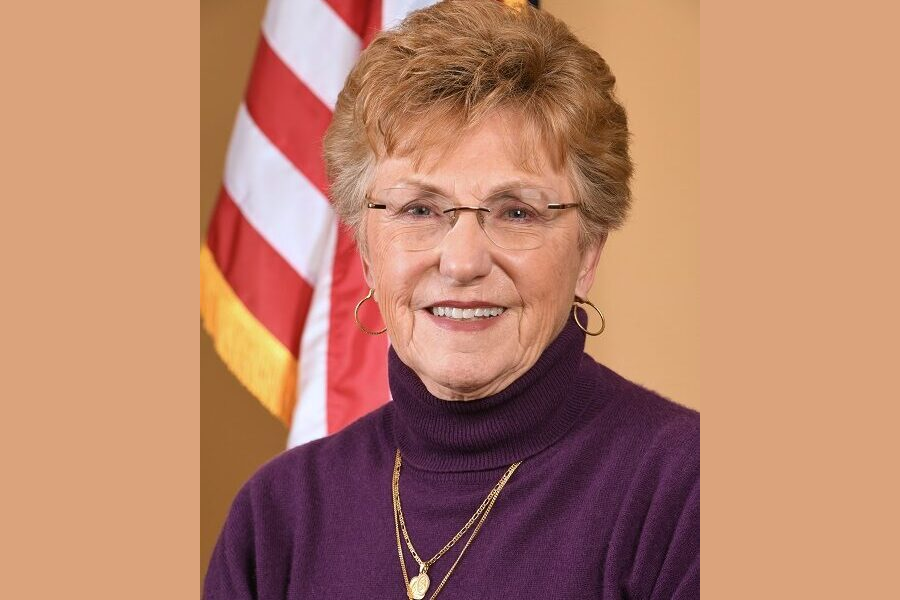Who Is Jason Kidd?
Jason Frederick Kidd, a name synonymous with basketball greatness, has made an indelible mark on the NBA both as a player and a coach. With his impressive career, accolades, and leadership both on and off the court, Kidd has cemented his place in basketball history. However, beyond the stats and the victories, one aspect of his identity often goes underexplored: his ethnicity. In this article, we will delve into Jason Kidd’s ethnicity, background, and how these aspects have shaped his career and life, along with an in-depth look at his legacy as an NBA champion, coach, and a role model for future generations.
Early Life and Background: Jason Kidd’s Roots
Born on March 23, 1973, in San Francisco, California, Jason Kidd was raised in a multicultural environment that would influence his worldview and approach to the game of basketball. His heritage plays an important role in his life story, with a deep connection to both African American and Mexican roots. His father, Steve Kidd, was of African American descent, and his mother, Ann Kidd, hailed from a Mexican-American family. This cultural blend not only shaped Kidd’s identity but also provided him with a unique perspective on life and sports, giving him the resilience, determination, and leadership skills he would later display on the basketball court.
Growing up in a diverse community in Oakland, California, Kidd was exposed to a wide array of cultures and experiences, which contributed to his adaptable and inclusive nature. His mixed ethnicity became a source of pride for him, reflecting his ability to bridge different worlds while excelling in a predominantly African American sport. Jason Kidd’s ethnicity not only influenced his personal life but also shaped his understanding of race, culture, and the importance of representation in sports.
Jason Kidd’s Journey to NBA Stardom
Jason Kidd’s path to NBA greatness began in the streets of Oakland, where he honed his skills on the basketball courts. His extraordinary talent was evident from a young age, and by the time he reached high school, he was already a star. Kidd attended St. Joseph Notre Dame High School, where he earned national attention for his athletic ability, basketball IQ, and leadership. His talent didn’t go unnoticed, and in 1991, he led his team to a state championship while setting several records for assists and points.
After high school, Kidd continued to shine at the University of California, Berkeley, where he played college basketball before declaring for the NBA Draft. In 1994, he was selected by the Dallas Mavericks with the second overall pick in the NBA Draft, marking the beginning of his legendary career. From the outset, Jason Kidd’s ethnicity played a role in the public’s perception of him. While African American athletes were (and still are) well-represented in the NBA, Kidd’s Mexican-American background set him apart in a sport where multiculturalism wasn’t always celebrated as it is today.
As a point guard, Kidd’s playing style was revolutionary. He was known for his incredible vision on the court, his leadership, and his ability to facilitate plays. With a career that spanned over two decades, Kidd would go on to accumulate numerous accolades, including 10 NBA All-Star appearances, five NBA All-Defensive selections, and a historic NBA Championship win in 2011 with the Dallas Mavericks. His success was rooted in his intelligence and understanding of the game, making him one of the most respected players in NBA history.
Jason Kidd Ethnicity: Representation and Legacy
Jason Kidd’s mixed ethnicity has been a source of pride for many, particularly those who identify with his Mexican-American heritage. In a predominantly African American sport, Kidd’s ability to represent both African American and Mexican-American communities was significant. As a role model for young people from diverse backgrounds, he showed that success in the NBA wasn’t limited to one racial or ethnic group. This message resonated strongly, particularly with Hispanic and Latino communities, who often felt underrepresented in major professional sports.
Throughout his career, Kidd remained outspoken about the importance of representation and diversity in sports, advocating for the inclusion of athletes from all ethnic backgrounds. He recognized that his mixed ethnicity allowed him to serve as a bridge between different communities, and he used his platform to promote unity and understanding among diverse groups.
Jason Kidd’s commitment to embracing his full identity, including his ethnic background, contributed to his standing as an influential figure both inside and outside the sports world. Whether advocating for youth sports programs, addressing racial and cultural issues, or supporting diversity initiatives, Kidd’s legacy is as much about his work off the court as it is about his basketball accomplishments.
Transition from Player to Coach: Continuing the Legacy
After retiring from the NBA in 2013, Kidd transitioned to coaching, further solidifying his place in basketball history. As a coach, he carried with him the wisdom and leadership skills honed during his playing days. In 2014, he took on the role of head coach for the Brooklyn Nets, marking the beginning of his second chapter in the NBA. Kidd later became the head coach of the Milwaukee Bucks in 2014, where he continued to demonstrate his strategic mind and commitment to building winning teams. Kidd’s journey from player to coach demonstrated his relentless pursuit of excellence and his ability to shape the next generation of NBA stars.
Throughout his coaching career, Jason Kidd has often emphasized the importance of mental toughness, discipline, and unity, principles that stem from his multicultural upbringing. His coaching philosophy was influenced by his experiences growing up in a diverse environment, where understanding different perspectives was essential to building successful teams.
Personal Life: Family and Community Engagement
Outside of his career, Jason Kidd has been an advocate for his community, promoting initiatives aimed at supporting underprivileged youth and enhancing access to sports. Kidd’s family life is just as important to him as his professional accomplishments. He is married to Porschla Coleman, with whom he has six children. Kidd is known for being a dedicated father and husband, often speaking about the importance of family and the lessons he imparts to his children.
In interviews, Kidd has spoken about how his upbringing and ethnic background shaped his values and the way he approaches life. His commitment to family, hard work, and community engagement has influenced not only his career but also his efforts to inspire others to be their best selves, regardless of their background or ethnicity.
Jason Kidd: The Coach, The Legend, The Role Model
Jason Kidd’s journey from a promising young player to an NBA Hall of Famer is one of determination, leadership, and resilience. His career, however, is more than just basketball stats. Jason Kidd’s ethnicity, his mixed heritage, and his commitment to diversity and inclusion have been key components of his legacy. He has served as a role model for countless young athletes, showing them that success comes in many forms and is not limited by ethnicity or background.
His contributions to the game of basketball are matched by his efforts to create a more inclusive and diverse environment within the sport. As an athlete, he represented more than just himself; he represented the intersection of cultures, the strength that comes from embracing multiple identities, and the power of community. Through his work on and off the court, Jason Kidd has left a lasting legacy that continues to inspire new generations.
Conclusion: The Impact of Jason Kidd’s Ethnicity on His Legacy
In conclusion, Jason Kidd’s ethnicity is a vital part of his identity, influencing not only his personal life but also his professional journey. His African American and Mexican-American heritage has shaped his perspective, resilience, and approach to leadership in ways that go beyond basketball. Throughout his career as a player and coach, Jason Kidd has been an advocate for diversity, representation, and unity, demonstrating how multiculturalism can be a strength both in sports and in life.
Jason Kidd’s story is a testament to the importance of embracing one’s roots, and it serves as a powerful reminder that success is not limited by ethnicity but by one’s drive, determination, and ability to lead. Whether as a Hall of Fame player, an influential coach, or a dedicated family man, Jason Kidd’s legacy will undoubtedly continue to inspire people from all walks of life, reminding us all that greatness comes in many forms and from many backgrounds.
Frequently Asked Questions (FAQs) about Jason Kidd’s Ethnicity and Legacy
1. What is Jason Kidd’s ethnicity?
Jason Kidd has a mixed ethnic background, with African American roots from his father, Steve Kidd, and Mexican-American heritage from his mother, Ann Kidd. This unique blend of cultures has played a significant role in shaping Kidd’s personal identity and his approach to both basketball and life.
2. How did Jason Kidd’s ethnicity influence his career?
Jason Kidd’s ethnicity allowed him to serve as a role model for people from diverse backgrounds. His African American and Mexican-American heritage helped him bridge cultural gaps and provided him with a deeper understanding of unity, diversity, and inclusion. His ability to represent both communities made him an influential figure both on and off the court, advocating for diversity in sports and leadership roles.
3. Where was Jason Kidd born, and what is his background?
Jason Kidd was born on March 23, 1973, in San Francisco, California. He grew up in Oakland, California, in a multicultural environment that significantly influenced his perspective on life. His upbringing in a diverse neighborhood, coupled with his mixed ethnicity, shaped his worldview and contributed to his success as a player and coach.
4. What are some of Jason Kidd’s major accomplishments in the NBA?
Jason Kidd had an illustrious career in the NBA, marked by numerous accolades. He won an NBA Championship with the Dallas Mavericks in 2011, was a 10-time NBA All-Star, and was named Co-Rookie of the Year in 1995. Known for his exceptional basketball IQ, Kidd became one of the greatest point guards in NBA history, earning multiple All-Defensive selections and making significant contributions both as a player and later as a coach.
5. How did Jason Kidd’s cultural background influence his leadership style?
Growing up in a multicultural environment, Jason Kidd learned the importance of understanding different perspectives and embracing diversity. These lessons played a crucial role in his leadership style, both as a player and as a coach. Kidd’s ability to unite teams and inspire players from diverse backgrounds reflected the strength of his multicultural upbringing, which focused on collaboration, respect, and inclusivity.
6. What is Jason Kidd’s family life like?
Jason Kidd is married to Porschla Coleman, and together, they have six children. Kidd is known for being a dedicated father and a family-oriented individual, often emphasizing the importance of family values in his personal and professional life. His commitment to his family is a core part of his identity and influences the way he approaches life, leadership, and his legacy.
Stay informed with the latest news and updates on Latestsession.co.uk


